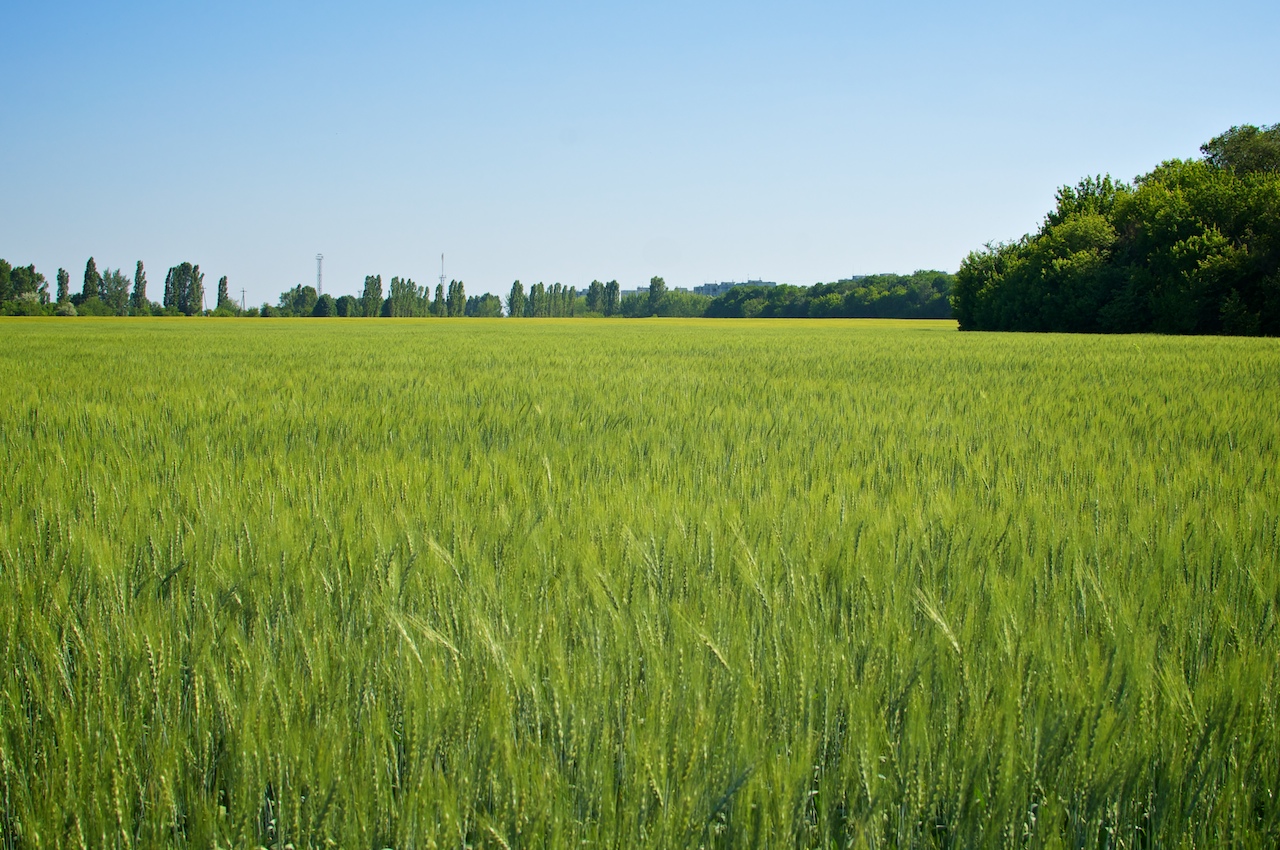
This article originally appeared in the Globe and Mail.
By Marcus Kolga, July 11, 2022
In late April, Valeriy Zhivaga was finishing up work on his farm when a loud explosion broke windows in his farmhouse and shook nearby homes in the village of Makovysche, west of Kyiv.
When Valeriy arrived at the site of the blast, he found his brother bloodied and shell-shocked. The tractor he’d been using to plow the potato field had been split in two, and was now in flames – destroyed by a Russian anti-tank mine. His brother miraculously survived. But countless others, who risk their lives every day to work fields strewn with Russian mines and falling shells and missiles, have not been so lucky.
Ukrainian farmers have helped ensure that their communities and their country are fed, despite Vladimir Putin’s best efforts. They’ve helped boost a terrified Ukraine’s morale in the early days of the Russian invasion, by bravely capturing and using their tractors to tow away abandoned – and sometimes stolen – Russian tanks, trucks and armoured vehicles. Ukrainian programmers have even created a video game that allows players to use a Ukrainian tractor to take away Russian tanks.
Since the beginning of Mr. Putin’s invasion, Russian forces have targeted Ukrainian agricultural infrastructure, including farms, to impair their ability to sow crops. According to widespread reports, grain silos have been burned with their stocks plundered. Land mines have been reportedly air-dropped onto agricultural areas, littering fields with explosives. The Ukrainian government has warned that half of the country’s total land area now needs to be checked for explosives left behind by Russian forces, and that nearly 30 per cent of the country’s farmland is now reportedly occupied, unsafe or unable to be farmed.
The Russian President appears to not be satisfied with only destroying infrastructure in Ukraine’s interior; he has also moved to blockade Ukrainian grain exports from leaving the port city of Odesa. David Beasley, the executive director of the United Nations’ World Food Programme, has warned that the blockade “will result in famine and destabilization and mass migration around the world.”
The failure to open up ports in Odesa, he said, “will be a declaration of war on global food security.” The head of the African Union, Macky Sall, says that millions in Africa could starve as a result of Russia’s invasion, with Russia and Ukraine accounting for more than 40 per cent of the continent’s wheat imports.
If Russia maintains its blockade, the 20 million tonnes of grain currently held in storage could rot and go to waste. Without anywhere to store it, the late June harvest of Ukraine’s winter wheat crop could be completely lost. Farmers may be forced to burn the crop to make way for the planting of the summer crop.
These brave Ukrainian farmers need Western support to continue feeding their people and much of the world. Western nations, then, must immediately provide naval escorts for ships carrying grain from the port of Odesa, and surface-to-sea missiles to Ukraine’s military; this would help deter Russia from bombing key agricultural and shipping infrastructure.
Ukraine’s farmers like Mr. Zhivaga are heroically doing their part, in the face of great personal risk. Doing ours is the least we could do.
Marcus Kolga is the founder of DisinfoWatch and a senior fellow at the Macdonald-Laurier Institute and CDA Institute in Ottawa.





